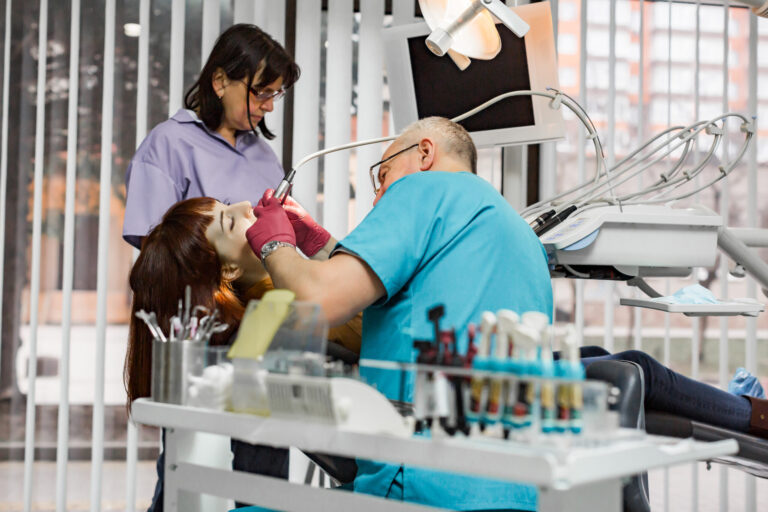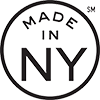Whether it’s to make a difference, help people because they see a need, or just because they have an interest in the sciences and biology, many people are changing careers to go into the healthcare field. Now, in the middle of a global pandemic, more than ever, these essential and noble occupations are needed to keep the community healthy.
If you’ve toyed with the idea of going to school for a healthcare degree, here are some reasons to explore it further.
Job Security and Stable Income

Most jobs in the healthcare profession require a lot of skill, clinical hours, licensing, certificates, and training. This isn’t a profession you can just jump into because of how serious the work is. Patients of all ages depend on people in the health field for their overall wellness and healthy lifestyles, disease prevention, and medical advice. For this reason, health careers generally pay a decent wage.
Whether your specialty is pediatrics or geriatrics, you have a license in nursing, work in family practice or clinic, or possess an advanced practice degree, a job in this field will mean security. Unlike with other fields that can lose demand, sick human beings aren’t going anywhere. For as long as humans walk the earth, they’ll need medical facilities and clinics to help them with their health and provide quality patient care.
The first step for determining salary and financial security within the healthcare industry is a Google search for terms like ‘what is a FNP and income,’ ‘American nurses and work,’ ‘patient care and pay,’ or ‘private practice and billable hours.’
Where a job managing the costs of large renovations might be less likely to involve life and death situations, a healthcare career can be highly rewarding on top of the pay and job security.
Making a Difference

If making a difference is important to you, a job as a primary care provider or family nurse practitioner is a way to help people on a basic but crucial level. The education requirements for either of these positions are strict, but the training that involves best practices, ethics, and primary care treatment modalities is critical to best practice patient care. That is, while you’ll train hard, you’ll learn a lot, too, and be prepared when it comes time for certification exams.
In recent years, simple home improvement projects like putting up new wallpaper or replacing kitchen cabinets have become more popular for U.S. homes. With any renovation project comes the risk of injury. As a primary care doctor or nurse, your job would be to help out when things go wrong. From injuries like these to treating common coughs and colds and making referrals to specialists, primary care physicians and nurses are able to make a difference in a variety of ways.
Career Flexibility

Many people assume that healthcare careers don’t allow for much flexibility. A graduate degree or other schooling takes a lot of time. For this reason, they tend to shy away from taking the next step and enrolling in healthcare degree programs. The reality is that healthcare field jobs can offer as much flexibility as you like.
From the ability to work in a variety of settings to travel nursing and doctor positions, healthcare jobs provide as many or more options as any other. Whether you hope to practice a combination of preventative care or focus primarily on women’s health, an easy way to see where you could be flexible with a health care job is a simple Google search. Maybe instead of specializing in a certain type of nursing, for example, you could opt for clinical setting training that treats people of all ages and diagnoses to give yourself more options down the road. Many healthcare workers choose to do this by gaining competence in emergency rooms, for example.
Ultimately, your decision to earn a healthcare degree could make a big difference to your community. Not only could you help to save someone’s life, but you could add to the quality of life for countless people, too. On top of job security and knowing your purpose, a career in the healthcare field will likely be a decision you thank yourself for in the future.





